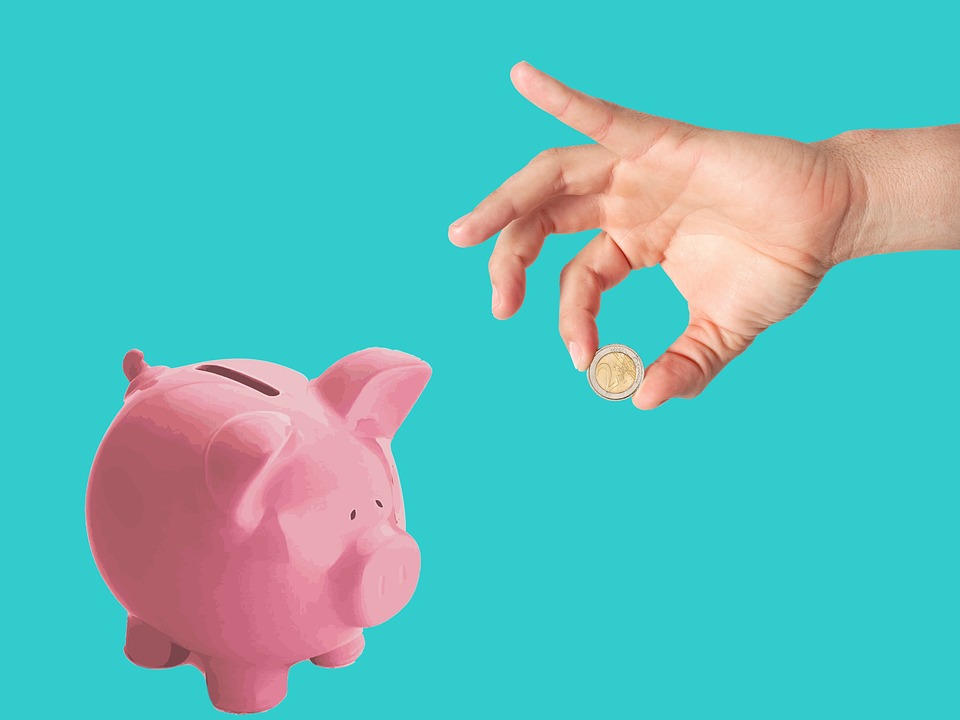How Personal Finance Skills Can Help You Navigate Economic Uncertainty
In a world where economic landscapes can shift rapidly, possessing strong personal finance skills is more critical than ever. Whether faced with rising inflation, fluctuating job markets, or unexpected expenses, the ability to manage your finances effectively can provide a safety net, helping you weather financial storms with confidence. Here’s how developing personal finance skills can empower you during times of economic uncertainty.
Understanding Your Financial Situation
The first step in navigating economic uncertainty is gaining a clear understanding of your financial situation. This includes assessing your income, expenses, savings, and debts. By creating a comprehensive budget, you can identify areas where you can cut costs or redirect funds toward savings. Regularly reviewing your financial standing allows you to adapt to changes in your economic situation, ensuring you remain in control even when external factors are unpredictable.
Building an Emergency Fund
An emergency fund is a vital component of personal finance that can provide peace of mind during uncertain times. Financial experts recommend saving three to six months’ worth of living expenses. This cushion can help cover unexpected costs, such as medical emergencies or job loss, without derailing your financial stability. By prioritizing the establishment of an emergency fund, you can avoid relying on credit cards or loans that may lead to further debt.
Debt Management
In times of economic uncertainty, managing debt becomes increasingly crucial. High-interest debt can be particularly burdensome during financial downturns. Personal finance skills enable you to create a debt repayment strategy, such as the avalanche or snowball method, to systematically tackle outstanding balances. By minimizing debt, you not only reduce financial stress but also enhance your ability to respond to unforeseen circumstances.
Investing Wisely
While economic uncertainty may make investing seem risky, informed investment decisions can yield long-term benefits. Personal finance skills encourage you to diversify your investments, balancing risk and potential return. Understanding different investment vehicles—such as stocks, bonds, and mutual funds—can help you create a portfolio that withstands market fluctuations. Moreover, learning about dollar-cost averaging can enable you to invest consistently, regardless of market conditions, mitigating the impact of volatility.
Adapting to Changes
Economic uncertainty often brings about significant changes in employment, industry stability, and consumer behavior. Strong personal finance skills allow you to adapt to these changes proactively. This may involve upskilling or reskilling to enhance your employability, exploring new income streams, or adjusting your spending habits to align with shifting priorities. The ability to pivot and adapt your financial strategies in response to economic changes is a vital skill that can help you navigate uncertainty with resilience.
Setting Financial Goals
Having clear financial goals can provide direction and motivation during uncertain times. Whether your objectives include saving for retirement, purchasing a home, or funding your children’s education, personal finance skills help you set realistic and achievable goals. By breaking down larger goals into manageable steps, you can maintain focus and make steady progress, even when external circumstances are challenging.
Enhancing Financial Literacy
Lastly, continuously improving your financial literacy is essential in navigating economic uncertainty. Stay informed about economic trends, financial products, and personal finance strategies through books, courses, and reputable online resources. The more knowledgeable you are, the better equipped you will be to make informed decisions that align with your financial well-being.
Conclusion
In conclusion, personal finance skills are invaluable tools for navigating economic uncertainty. By understanding your financial situation, building an emergency fund, managing debt, investing wisely, adapting to changes, setting financial goals, and enhancing your financial literacy, you can achieve a sense of security and confidence in your financial decisions. As the economic landscape continues to evolve, empowering yourself with personal finance skills will enable you to face challenges head-on and thrive, no matter the circumstances.




